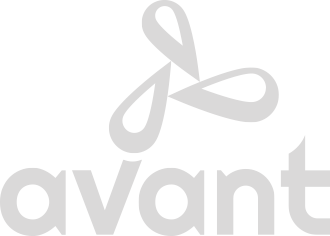Focusing on The Bench
While investment in senior leadership is essential, so too is the need to spend time developing our employees as leaders. That’s why I created DEAL, a self-service technology for early- to -mid-career employees who are moving into management. It is affordable, understandable, relatable and easy to implement.
Simply put, DEAL connects an emerging leader with a real-time feedback from his/her manager to guide career development and more critically encourage the conversation between manager and employee. The feedback is based on 8 core competencies that are industry agnostic and critical behaviors for anyone moving into leadership. The feedback easily converts into an action plan and provides a dynamic development toolkit.
Driving Towards Ideal Behaviors
At the core of process is a scale that reflects the consistency of a behavior across environments. Rather than focusing on a rating, where the conversation can get stuck, it focuses on increasing consistency of an ideal habit or behavior. With a numeric rating scale one can get stuck in “what good looks like.” Moreover, the employee may lack engagement in a robust development discussion as his/her concern may center on “what will it take to move my manager’s rating from a 3 to a 5” (assuming a 5-point scale). The frequency scale ranges from rarely to always and yields a red, yellow or green flag output that makes it easy to digest.
As this is a scale about helping people make change and with the recognition that change is not easy, I relied on my social scientist background to explore other assessments and interventions (yes, interventions) used in the clinical world. Consider the applied side of psychology in the areas of childhood behavior disorders and addiction. We assess the conditions when the adaptive or maladaptive behavior is present or absent. Take, for example, an addict who has relapsed. A therapist will not tell the person he or she is now a 1 on a 10-point scale. Instead they have a conversation that looks at situational factors, what was going on that wasn’t consistent with recovery, and what can we do to get back to the good behaviors.
Or, consider childhood behavior disorders. The conversation centers around when the behavior happens and when it doesn’t happen, and how to replicate the positive more consistently. We ask questions about the habits that will help them be healthy across different environments and how can we help them get back to those. As psychologists we focus on providing support to help motivate change and growth. The notion of supporting and working on behavioral consistency rather than grading a behavior is deeply embedded in DEAL.
The Scale Pivots The Conversation
So instead of solely focusing on moving from a 2 to a 5, an employee and manager can have a conversation about how to fuel the habits that make them effective leaders more consistently. It is a coaching discussion rather than a focus on numbers.
Keep in mind there is math driving the output, calculating blind spots and highlighting areas for action.
Regardless of what tool you use, we can all benefit from more focused and meaningful development of emerging leaders. The important thing is having the conversation, and having it consistently.
For more information about DEAL, visit https://www.avantleadership.com/deal/

